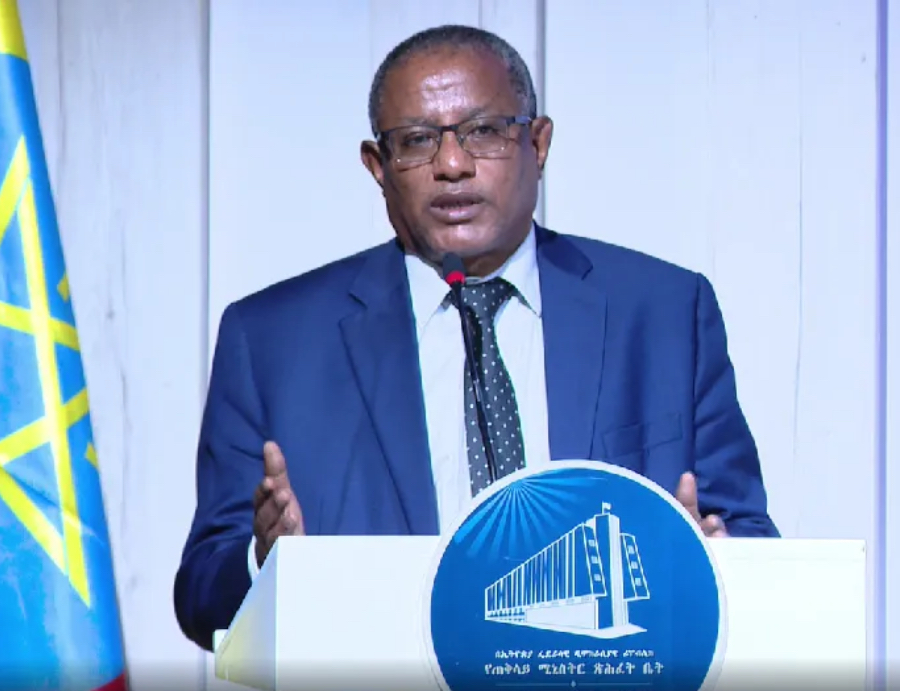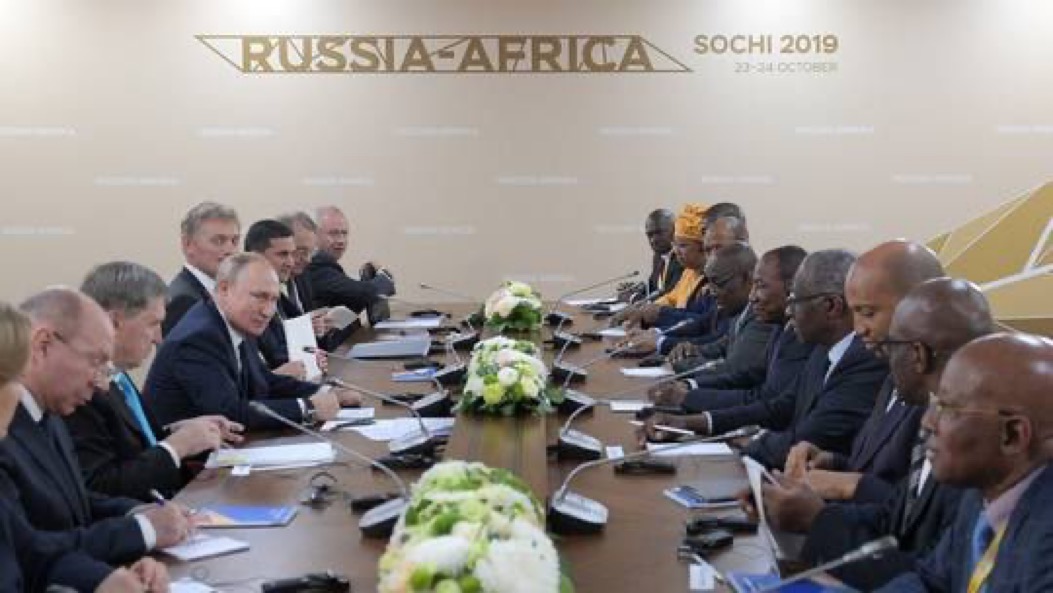Share the post "Ethiopia’s Former Foreign Minister Under House Arrest for Six Months…"
Gedu Andargachew, Ethiopia’s former Minister of Foreign Affairs and later National Security Advisor to Prime Minister Abiy Ahmed, is reportedly under house arrest, according to a report from Ethiopia Media Services, The federal government has not commented on Gedu’s condition…
Sources, who claimed to be familiar with the situation and spoke on the condition of anonymity due to fear of reprisal, revealed that Gedu has been under strict house arrest for several months. Agents from the intelligence unit are assigned to monitor Gedu’s residence in the capital, Addis Ababa, and no visitors are allowed, according to the sources. Family members are also reportedly under pressure due to the house arrest.
Although Abiy Ahmed’s government suspects Gedu of having links with the Fano Forces, who are engaged in fighting Ethiopian government troops across the Amhara region, the intelligence department has not established concrete evidence proving his connection with Fano.
Reportedly, Gedu met with the United States’ special envoy to the Horn of Africa, Mike Hammer, in early September 2023. He was subsequently put under house arrest after being stopped while being driven to his residence near Bulgaria Mazoria area. Government-assigned bodyguard to him had his firearm confiscated, and Gedu himself was dispossessed of his handgun.
Gedu’s clash with Abiy Ahmed’s government became public after he delivered a speech in the Ethiopian Parliament opposing the imposition of a state of emergency in the Amhara region of Ethiopia. He objected to the military operation in the region, advising that there was no military solution to the problem. Furthermore, he stated that the ruling Prosperity Party had entirely lost legitimacy in the region.
Before joining the federal government as Minister for Foreign Affairs, Gedu had served for an extended period as the president of the Amhara regional state. He is one of the politicians from the TPLF era who contributed to ending the Tigray People’s Liberation Front (TPLF) dominance in the central government. Consequently, he was one of the key figures behind what was then projected as the “Oromara” alliance—an alliance of ethnic Oromo and ethnic Amhara politicians against TPLF power. The vision, as stated back then, to have a democratic reform in the country. As it turns out, Abiy Ahmed’s administration adhered to autocratic governance once he consolidated his power.




